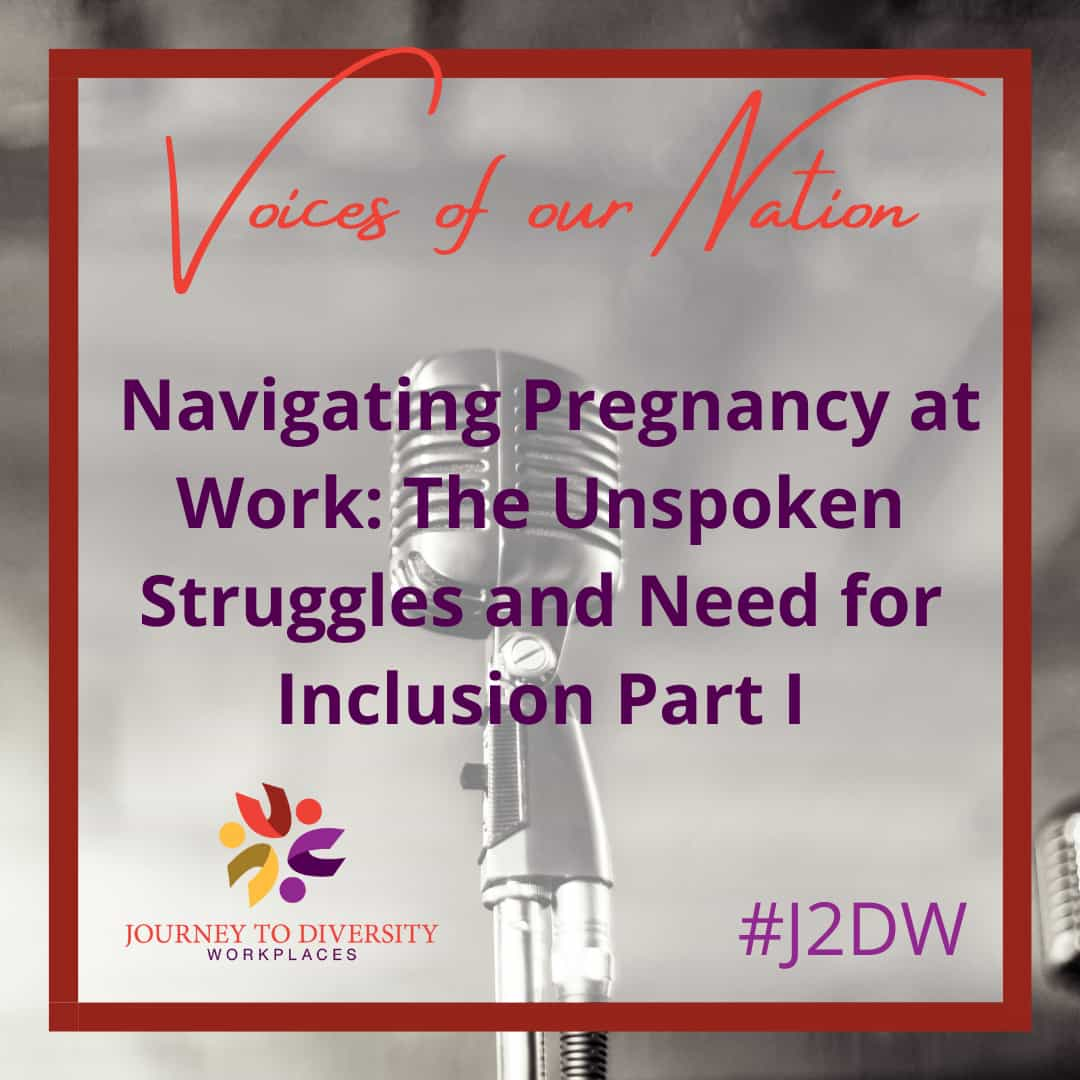The exhaustion that comes from carrying a child while managing teams and responding to passive-aggressive emails ruminates in your body way past the delivery date. It circles the back corners of your mind and infuses your blood with inexplicable disdain and fatigue, but alas, you must return in a few weeks to ensure financial security for your newborn. The topics of work conditions, accessibility and accommodations, and, most importantly, the mental, emotional, and physical toll of pregnancy on working women, require a greater spotlight and a more inclusive discussion. When it comes to intersectionalities such as women of colour (WOC) and gender-diverse individuals, this conversation comes to an abrupt stop or fizzles out in unproductive chatter. Hence, an introduction and a brief discussion is warranted.
One of the first hurdles after finding out you are pregnant circles the idea of “breaking the news” in the workplace. Sharing such a big event of your life with your employer, and, eventually, your colleagues is daunting, quite exposing, and extremely nerve-wracking. On one end, pregnant women must consider and fret over their social perception in a professional environment as well as its impact on their position in the workplace. On the other hand, employers must scope out their accommodation/accessibility needs, the potential risks with project timelines, and hash out the logistics. Both parties are subject to stress and pressure to “do it right” without leaving an indelible mark on work performance– which is simply not possible.
What is the most appropriate language to use while telling your coworkers you are expecting? Should I just let the size of my growing stomach do the talking? (Hai, 2018) When English isn’t your first language or if you are an immigrant, this conversation gets increasingly difficult as Canadian social norms are foreign to you. Following the barrier of breaking the news, a million anxieties cloud your mind. “Will this make me inferior to my coworkers?” is often the most common concern pregnant individuals face at this stage. This anxiety is only heightened if they are a POC, as, this intersectionality often compels individuals to “overachieve” to earn respect and upward mobility in their careers.
Once the news is out, pregnant individuals must deal with the mental, emotional, and physical effects of pregnancy in the workplace. For instance, standing for too long can result in dizziness, hypertension, placental abruption, and back pain, and may even lead to pre-term delivery (Government of Canada, 2023). If physical labour is a part of the job, employers must take the necessary precautions regarding noise levels, chemical handling, pushing/pulling/lifting, and heat exposure (Government of Canada, 2023). An ideal workplace should provide clear, quick access to the bathroom, access to toiletries, an accessible route to the workplace (including access to an elevator rather than taking the stairs), permission to take regular, short walks to prevent foot swelling, and easy access to an emergency plan if needed, to name a few. Employers are encouraged to take these factors into consideration to accommodate this new change so employees can best focus on their performance in the workplace and ensure productivity.
In understanding some of these basics of navigating the workplace as a pregnant individual, I encourage readers to be more introspective about their own experiences with this topic. In what ways have you supported a pregnant individual in your workplace? How have your actions positively or negatively impacted them? In the next article, I aim to dive into the nuanced topic of pregnancy discrimination in the workplace, maternity leave, and work-life balance, where I hope to drive a deeper discussion surrounding pregnancy and intersectionality.
References
Government of Canada, C. C. for O. H. and S. (2023, April 4). Reproductive health – pregnancy in the workplace. Canadian Centre for Occupational Health and Safety. https://www.ccohs.ca/oshanswers/psychosocial/wh/reproductive-health-pregnancy-in-the-workplace.html#:~:text=Prolonged%20standing%E2%80%93%20may%20lead%20to,32%20weeks%20should%20be%20avoided
Hai, S. (2018, July 20). How my pregnancy changed my experience at work. Thrive Global. https://community.thriveglobal.com/how-my-pregnancy-changed-my-experience-at-work/
This article was written by summer student Ilesha Prabhudesai. This article was funded by the Government oF Canada.







